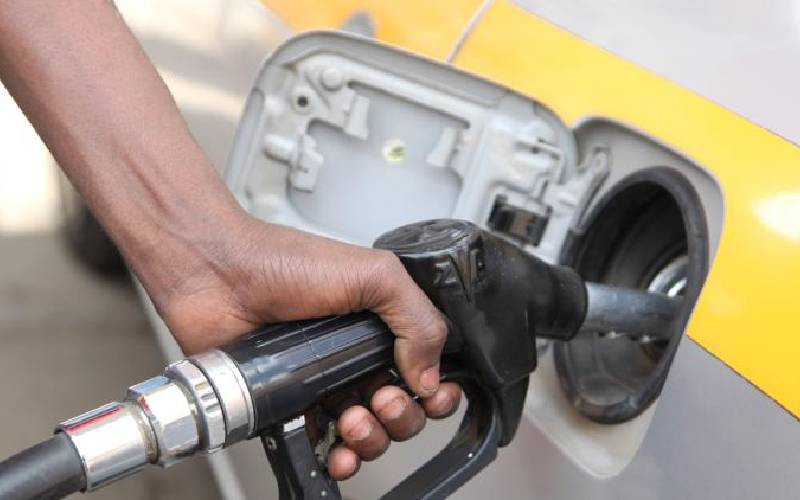
The administration of Kenya Primary School Education Assessment (KPSEA) for Grade 6 learners ends today as candidates sit the Creative Arts and Social Studies paper.
This concludes the three-day exams that began on Monday with Mathematics and English papers. On Tuesday, the learners were tested on Integrated Science and Kiswahili.
KPSEA now gives way to the Kenya Certificate of Secondary Education (KCSE) exams, which will begin on Monday next week, following a rehearsal scheduled this Friday.
Unlike the Kenya Certificate of Primary Education, KPSEA test has only multiple-choice questions, which allows the Kenya National Examination Council (KNEC) to mark the papers using scanning devices.
In past years, Kenya Certificate of Primary Education (KCPE) exams had a blend of machine grading for multiple-choice sections and human markers for Creative Writing components, such as Composition and Insha.
With the KPSEA assessment being purely multiple choices, The Standard understands this might lead to reduction of time and resources used in the marking exercise.
However, the assessment will not determine where the candidates join junior secondary school; a notable change from the KCPE structure that dictated students' placement in secondary schools. Instead, the transition from primary to secondary will be seamless as students automatically join junior secondary school.
This means that the assessment discourages class repetition which was rampant with KCPE candidates as students sought better grades to attract better admission opportunities in secondary schools.
High grades
While the Grade 6 assessment has been designed to ease pressure on learners and suppress the need to score high grades, it is emerging it will play a role in the students progress from junior secondary to senior secondary school.
However, there is a catch. The KPSEA result will three years later contribute 20 per cent to a student's final assessment at the end of junior secondary (Grade 9), which will determine placement into senior secondary.
This means the student's KPSEA score will partially determine where they join senior secondary school.
The Ministry of Education has also announced that celebrations traditionally associated with the release of KCPE results will no longer take place under the KPSEA framework.
Female candidates
Stay informed. Subscribe to our newsletter
Instead, KNEC will issue individualised student progress reports, along with school and national performance reports.
This change represents a shift toward personal feedback, rather than publicised rankings and competitive comparisons among schools.
The KPSEA assessment is organised in two parts: formative and summative tests.
The formative assessment is school-based and is weighed at 60 per cent in every learning area with the learners having already done this part which was marked by their respective teachers who submit the marks to the Kenya National Examinations Council.
The current tests are summative and involve learners beings assessed by KNEC with the score being 40 per cent of the total marks.
KPSEA is the last examination at the end of the primary circle under the competency-based curriculum system with learners moving to junior secondary school in Grade 7 in 2025.
However, KPSEA still raises questions around logistics, particularly regarding candidates unable to take the assessment due to medical or other emergencies.
In the KCPE era, students could take exams in hospitals, including expectant female candidates in maternity wards.
KPSEA doesn't address alternative arrangements for such cases, leaving uncertainty on how absentee candidates will be accommodated.







